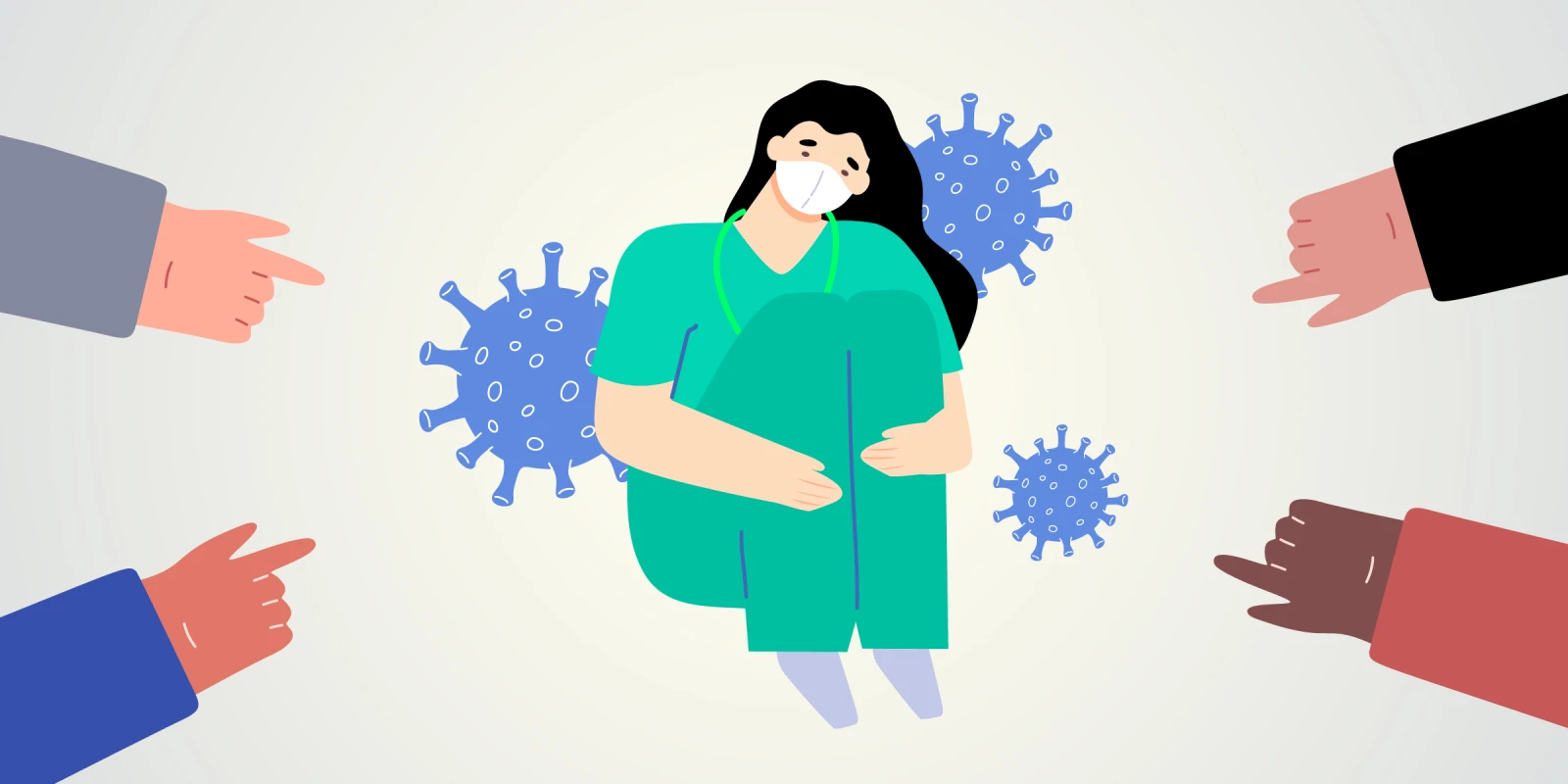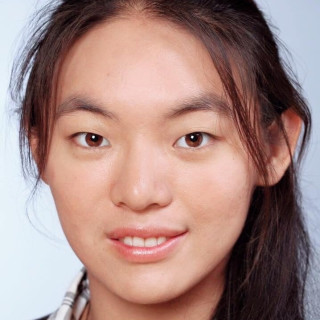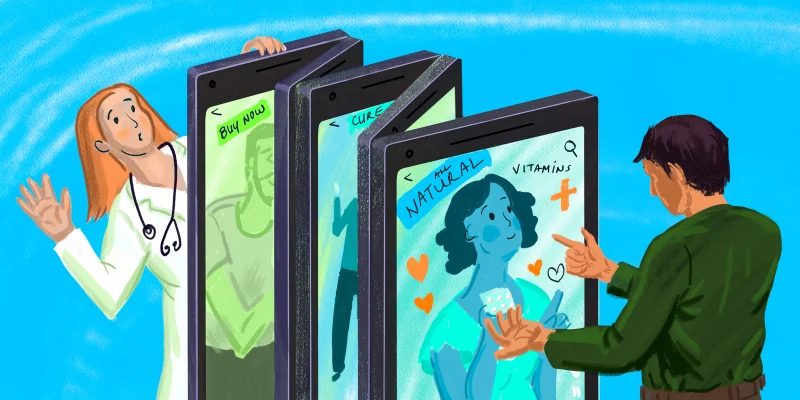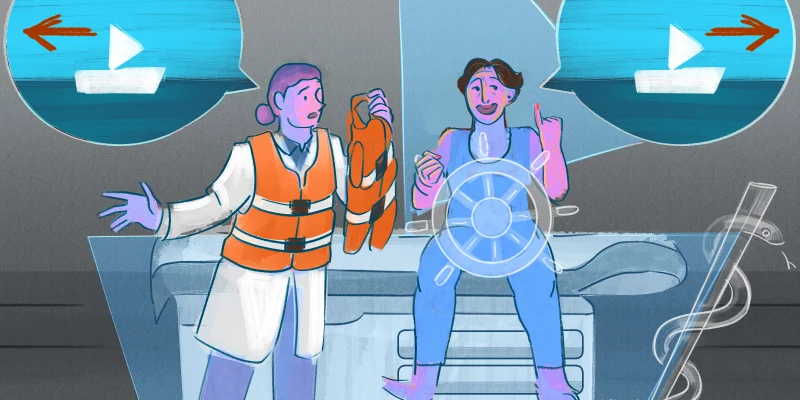Before the viral illness was even perceived to be a threat, anti-Asian racism and xenophobia incited by COVID-19 reared its ugly head in the form of physical violence. On Feb. 4, 2020, a video surfaced of a man assaulting a mask-wearing Chinese woman on a New York City subway platform while calling her “diseased.” The video was my first exposure to COVID-related anti-Asian racism. In the coming days and weeks, attacks motivated by racism increased in number. At the time, masking was not yet mainstream in the U.S., and as an Asian American, I felt that I would be safer not wearing a mask than wearing one due to the risk of racial harassment.
In March of 2020, I experienced a hate crime firsthand. Even though I was not wearing a mask, my yellow skin and black hair were enough to make me a target. That week, I had been working the night shift, which started at 5 p.m., at Harborview Medical Center, the Level I trauma center serving Washington, Alaska, Montana, and Idaho. While walking in hospital scrubs to work, I passed a white man standing at the street corner about a block away from Harborview. When we were only a few feet apart, he started muttering, “F--- you, China, for giving us smallpox.” As I continued walking, he started following me and yelling: "F--- you, you go-k, f--- you in the ass." Although I am not a small woman, at 5 feet, 4 inches tall, I was nonetheless scared to have a much taller and angry man pursuing me. Thankfully, he stopped before I reached the hospital entrance, and I quickly shuffled inside.
But the experience left me shaken. For the next half an hour or so, it also left me feeling incredibly angry — angry over the fact that this man racially harassed me and blamed me for spreading COVID-19, even though I was working in health care, a job that at times includes caring for patients with COVID-19, and angry that he attacked me right before I started my shift, which affected my readiness to care for patients on that shift. As an anesthesiology resident, I am often the only anesthesia provider in the OR at any given time, and it is my responsibility to stay vigilant during the procedure. Racial harassment (and the implied physical threat) affected my ability to focus on my work. Luckily, I had supportive colleagues and there were enough staff members around that I was not immediately needed for patient care, giving me the chance to fully decompress before stepping into an OR.
Unfortunately, mine is not a singular experience. Many other Asians have been victims of racial harassment motivated by COVID-19 as well. An Asian American father and his 2- and 6-year-old children were stabbed in a Sam’s Club. In early 2021, an elderly Thai man was brutally pushed to his death in San Francisco, a crime his family believes was racially motivated. Indeed, the U.S. is seeing a massive spike in anti-Asian hate crimes. Our status as “health care heroes” or as the “model minority” does not protect us from racism and hate. Not only do these despicable acts hurt the direct victims, they also have downstream effects on other innocent parties.
Medicine is not immune to anti-Asian racism, given the numerous Asian American health care workers directly affected. Government leaders and celebrities have taken a stand against this alarming rise in racism. It is time for our medical institutions to address the issue, as well. Issue statements condemning racism, including anti-Asian racism, and the provision of information and resources that address these issues, such as Asian Americans Advancing Justice and Stop AAPI Hate, is a start. Medical institutions must also hold staff accountable when they engage in discriminatory behavior and address racial inequities in employment and promotions. Similarly, adopting institutional policies prohibiting racism and discrimination from patients and visitors (and displaying these rules in highly visible places); establishing protocols and consequences for racist behaviors; offering optional training on bystander intervention; and providing enough staffing and support so that when these incidents occur, we can take time away from clinical duties to process the incident and/or report are immediate next steps. Justice is not a passive process — as pillars of the community, our health care institutions have an obligation to step up.
How are you stepping up in your community? Share your efforts in the comments.
Click here to see more perspectives on COVID-19 from the Doximity network.
Click here for up-to-date news about COVID-19 on Doximity.







